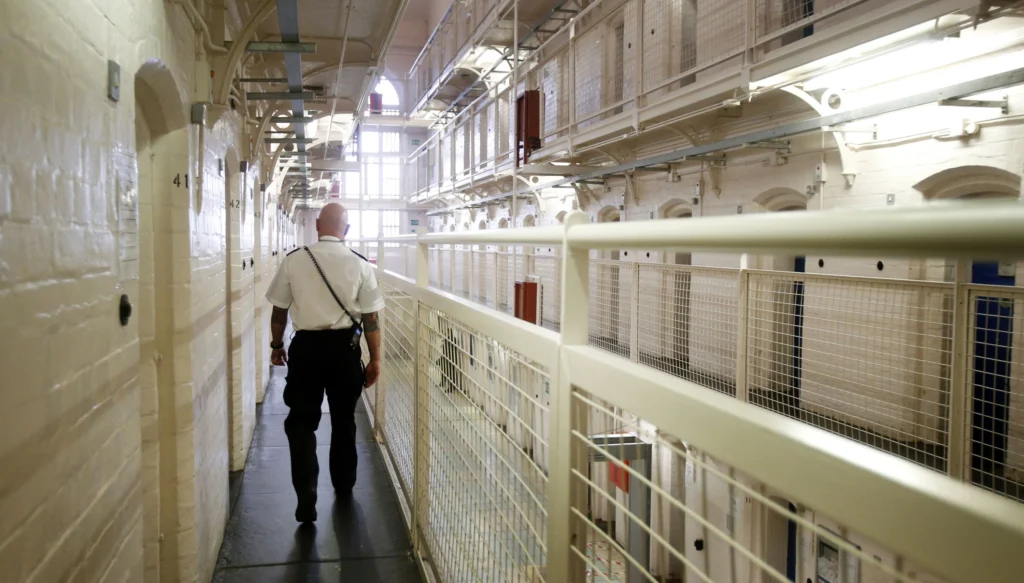
Lack of job opportunities driving reoffending among ex-prisoners, new survey claims
27/08/2025

Clive Hammond
The DSA Connect survey has revealed that severe employment barriers facing people who criminal records is fueling the number of convicts who reoffends.
The study, which came from the IT asset disposal comany that runs prisoner support programmes to help develop new skills among ex-convicts, found that three in four prisoners (74 percent) believe it will be difficult or extremely difficult to secure a job interview after their release from prison.
And only 11 percent think finding work will be no harder than before their conviction.
DSA Connect says the survey exposes a “vicious cycle of post-prison unemployment that leads back to reoffending”, noting that 52 percent of those imprisoned for a second or subsequent offence said they were unable to find a job after their first release.
Of that same group, 61 percent said they believed the challenge of finding employment contributed to their reoffending.
It was found that when prisoners were asked to identify the top three obstacles to finding a job with a criminal record, gaps in employment history was ranked top, followed by being unfairly judged by potential employers and a lack of relevant skills.
Other barriers listed included a lack of references and a belief that they were filtered out at the application stage once their conviction had been disclosed.
This fear of immediate rejection is highlighted by the fact that one in three admitted to choosing not to disclose their criminal record when applying for a job.
The firm said that “the consequences of not finding work after release from prison are serious”.
It added that amongst those who didn’t secure a job, a quarter (26 percent) said they experienced mental health problems, 17 percent admitted to reoffending and 13 percent saw a breakdown in family or personal relationships.
Others reported homelessness, suicidal thoughts and long-term reliance on benefits.
Prisoners identified learning new skills, networking opportunities and access to employers willing to hire ex-offenders as the most helpful forms of support they could receive after their release from prison.
Harry Benham, chairman at DSA Connect, said: “Our survey serves as a stark reminder that finding stable and meaningful employment is one of the most powerful factors in helping people rebuild their lives.
“Sadly, these findings show that without urgent measures being taken, we risk trapping people in a cycle of crime and imprisonment.
“It is a fact that, if a person leaving prison has employment, they are far less likely to reoffend and reoffending (according to government statistics) costs the country around £18 billion per year.
“Our new research highlights that particularly when facing a skills shortage, many UK businesses are missing out on valuable employees by not having a recruitment policy to hire ex-offenders.”